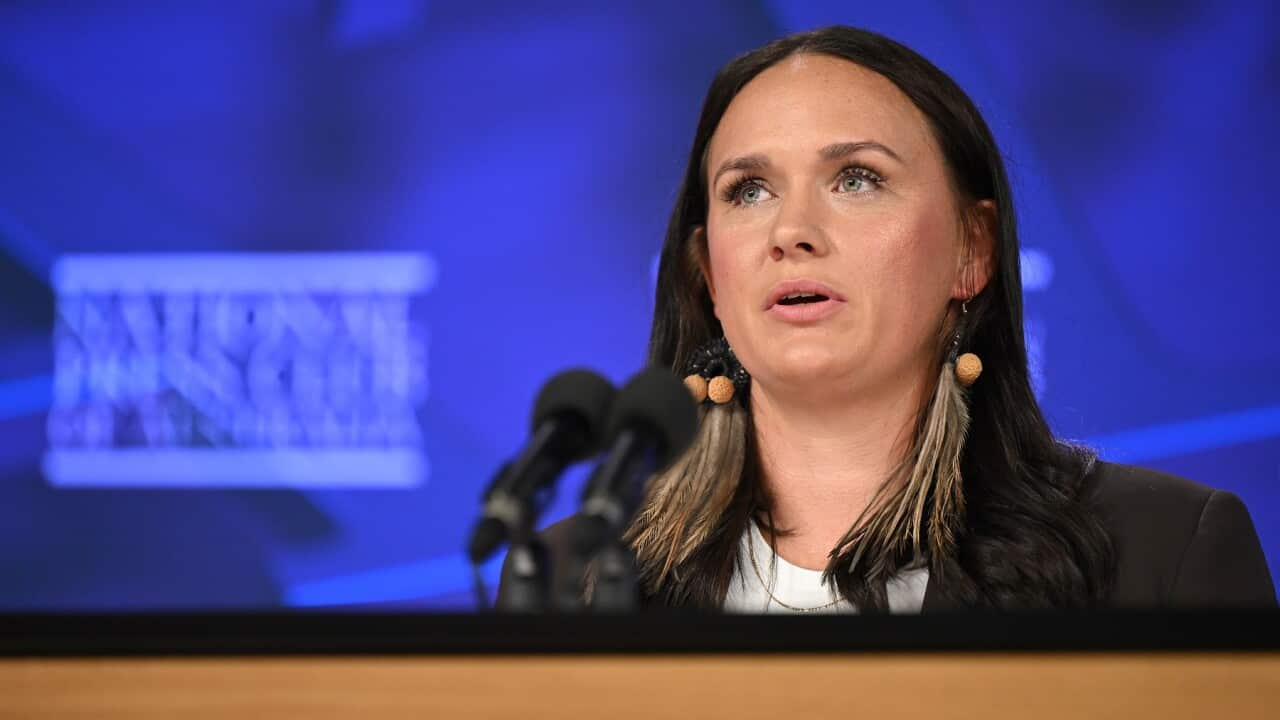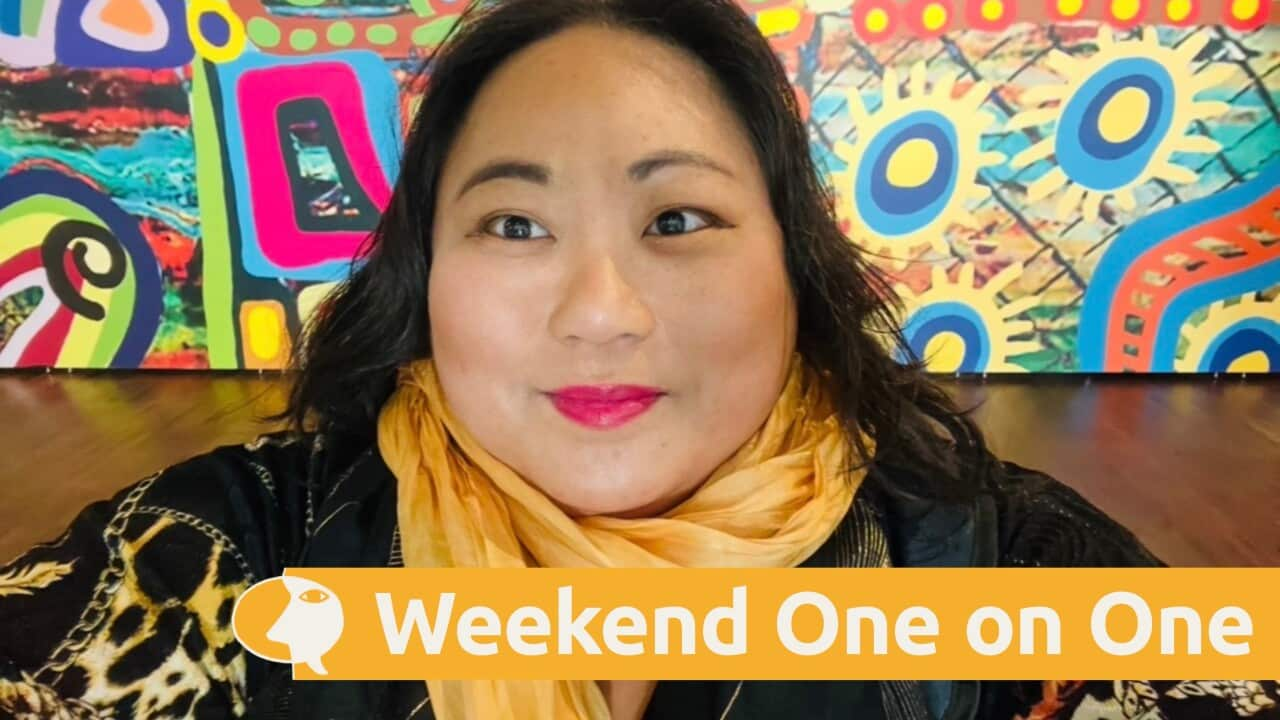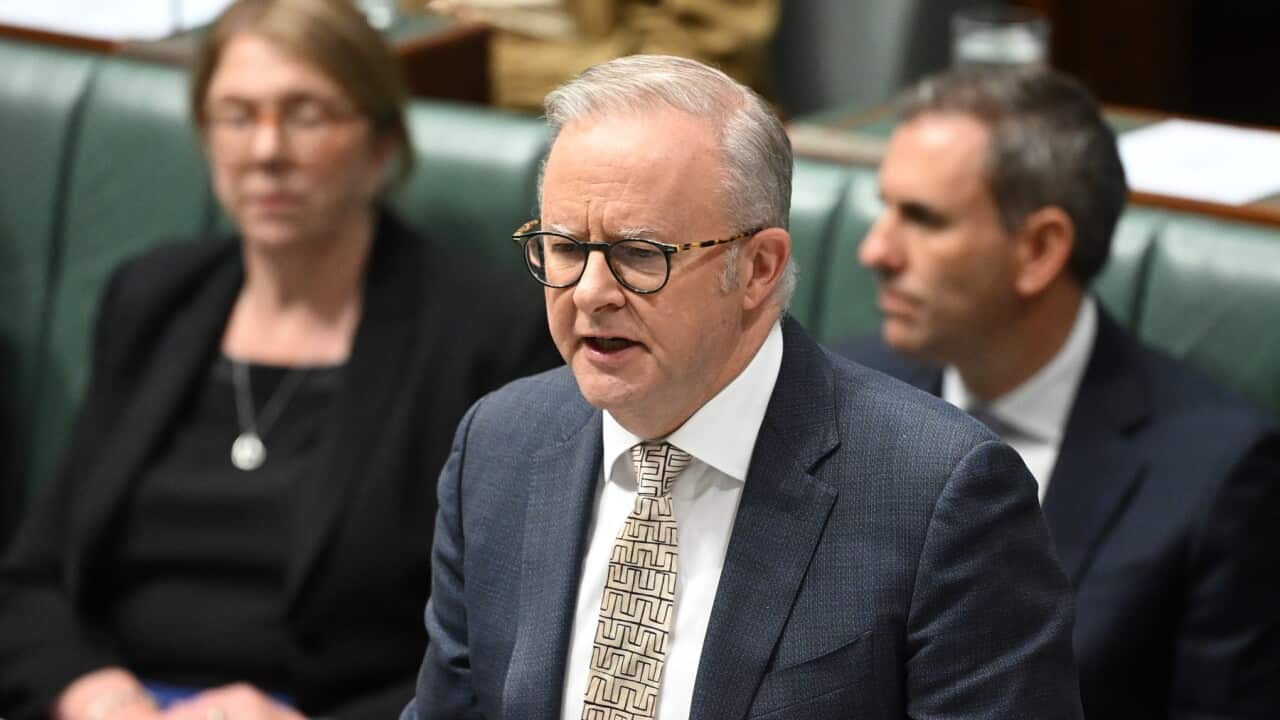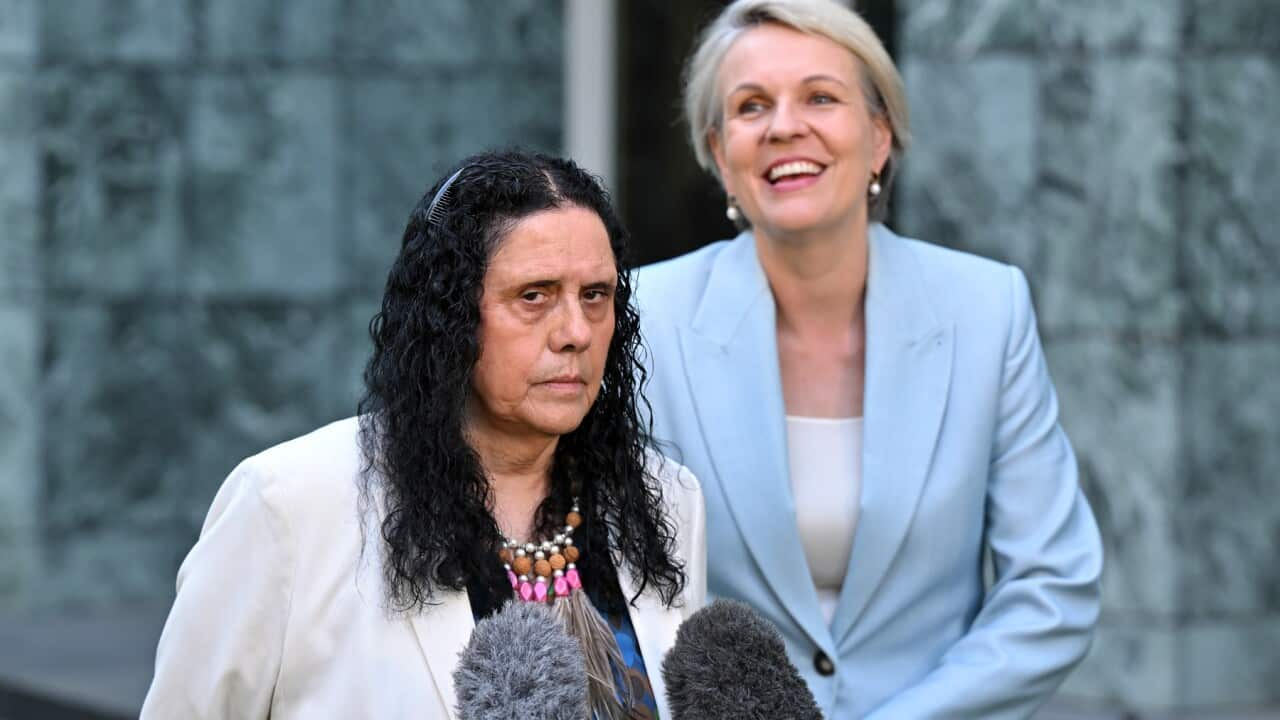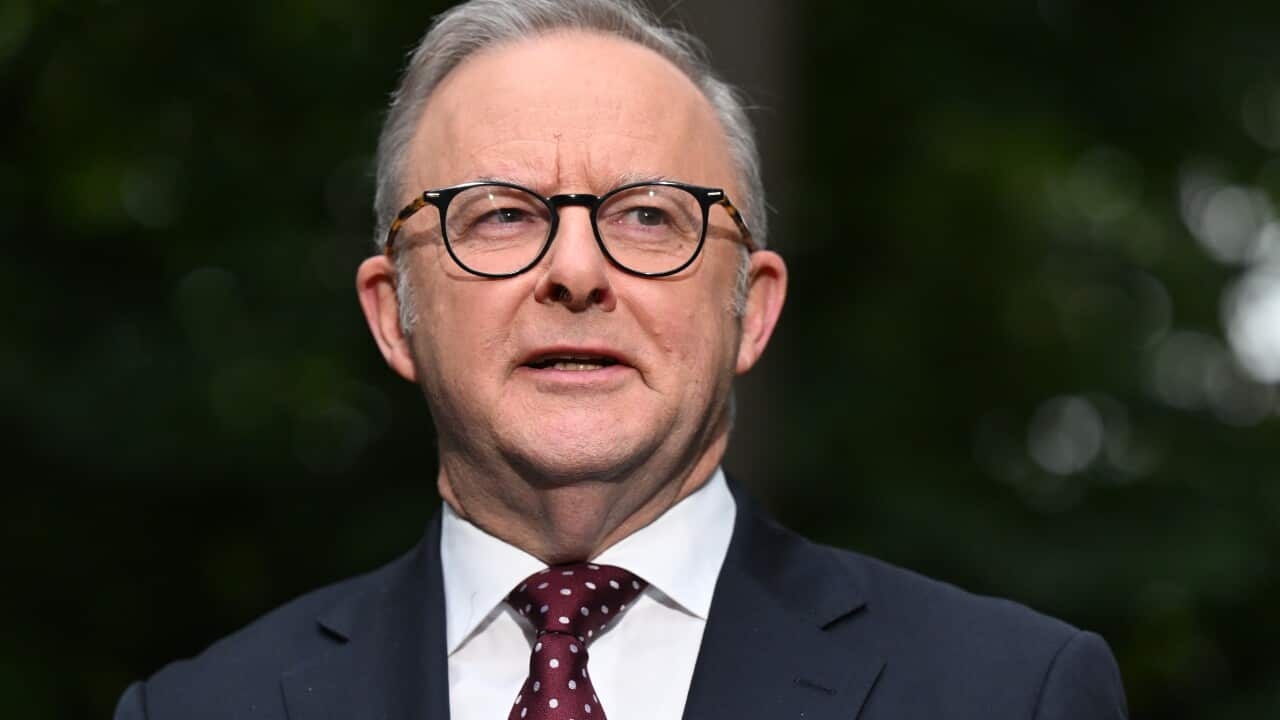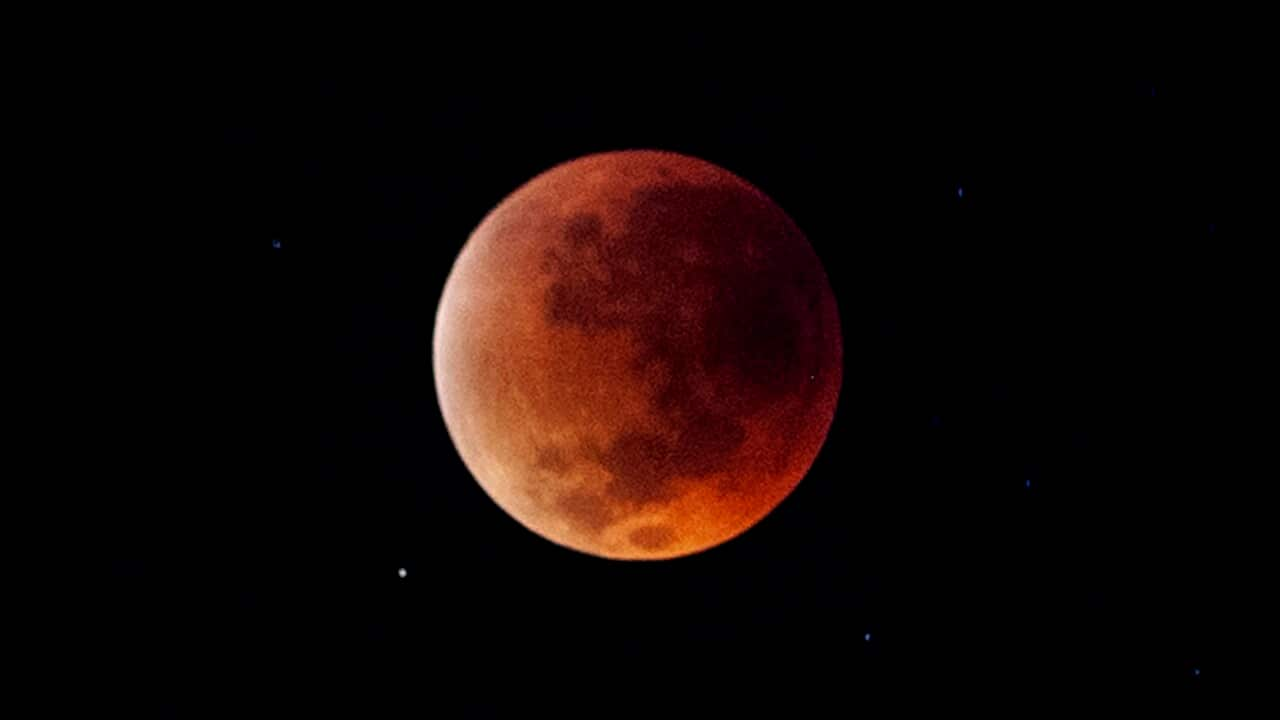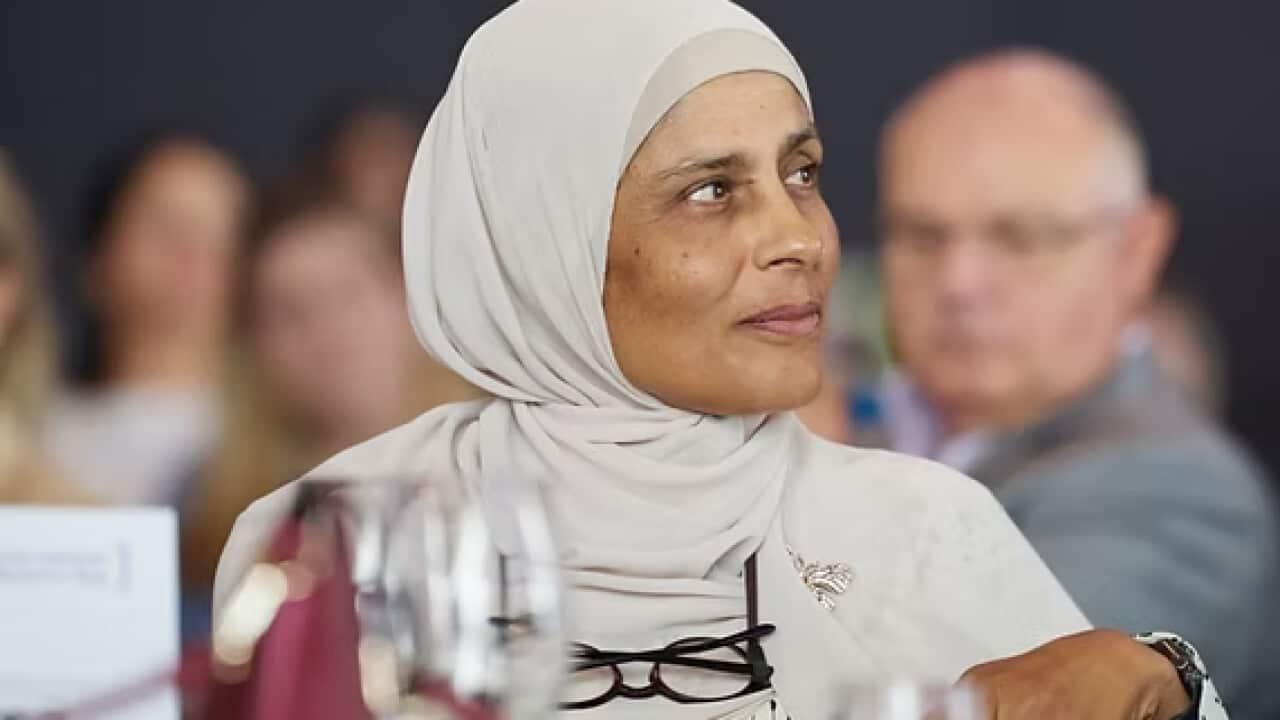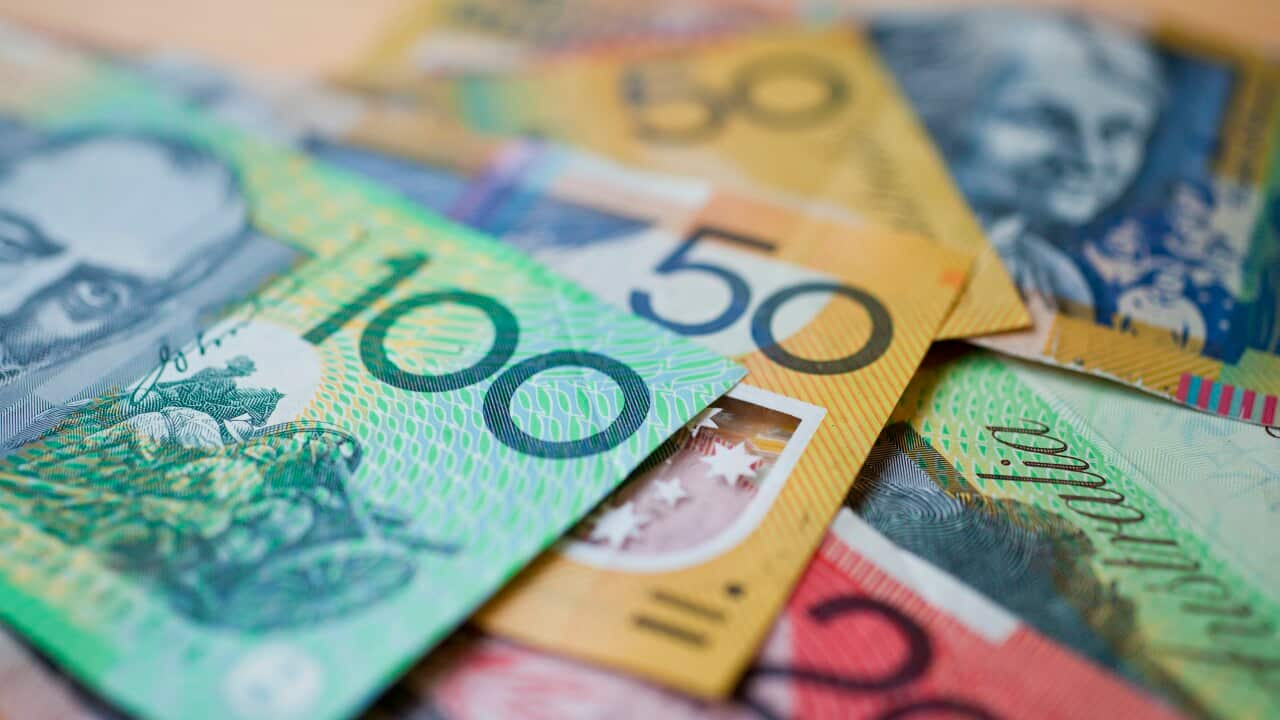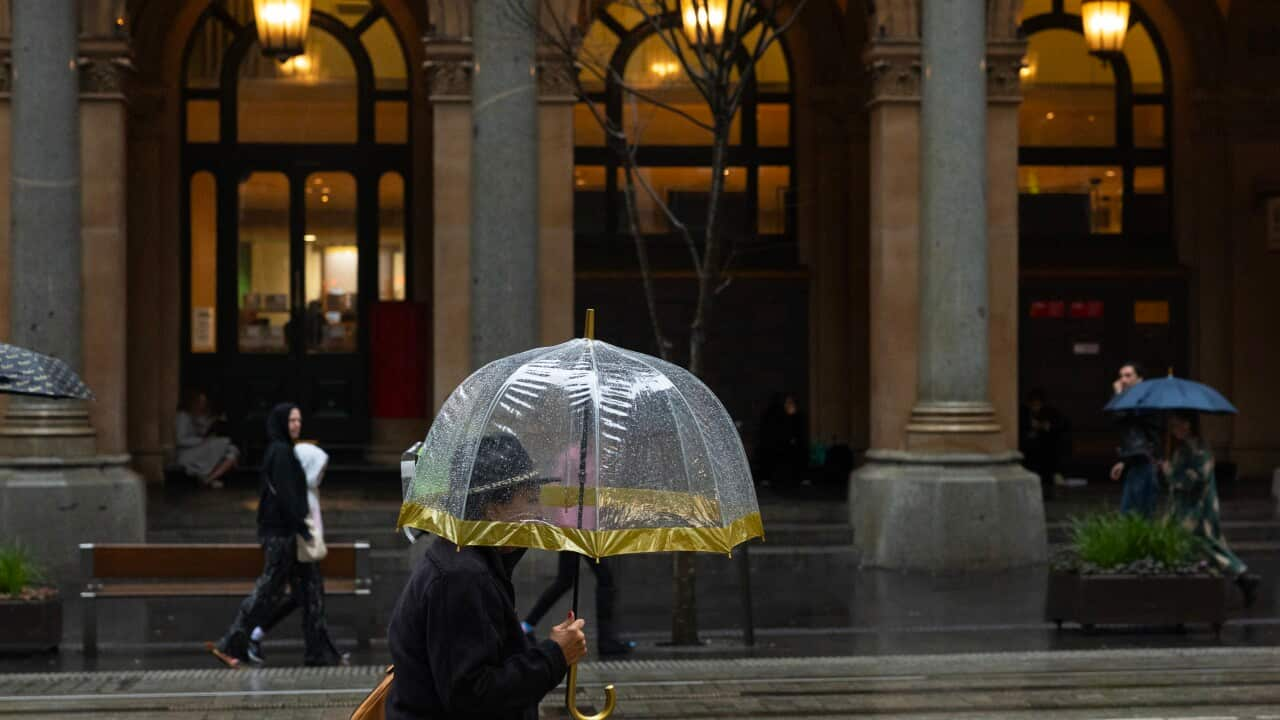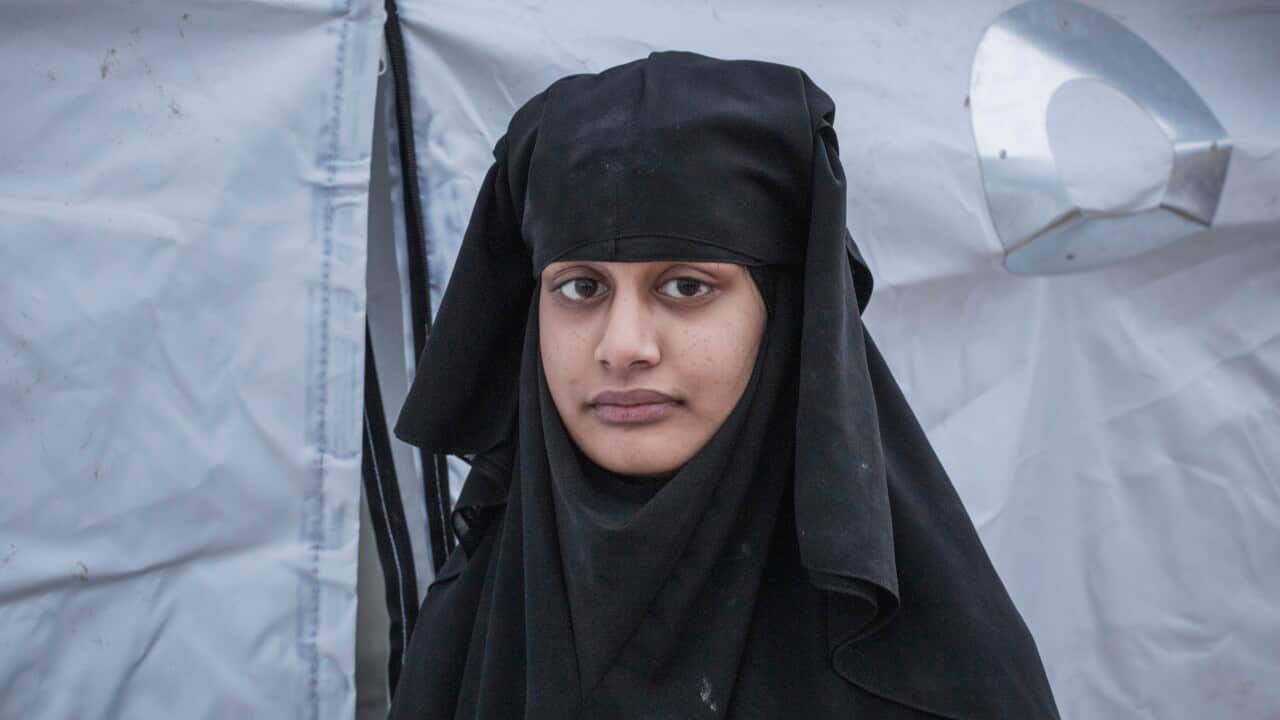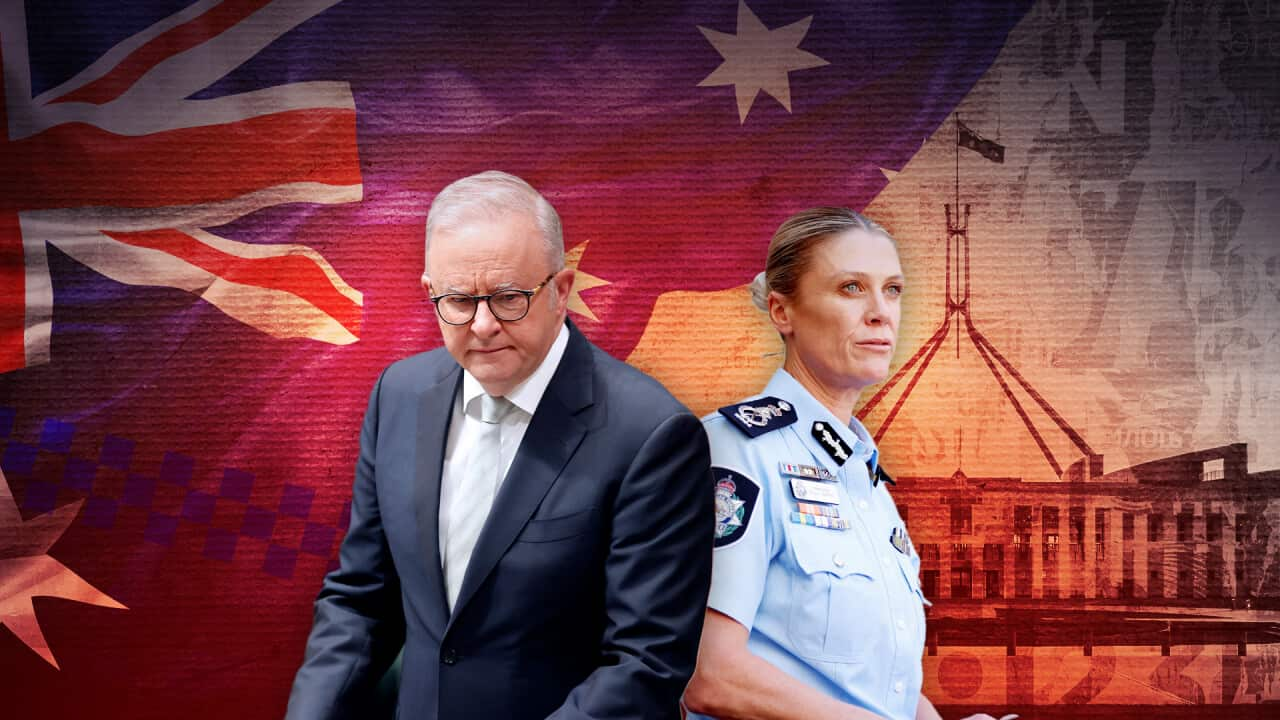Listen to Australian and world news, and follow trending topics with SBS News Podcasts.
TRANSCRIPT
A major public health body has announced it will institute an Aboriginal and Torres Strait Islander voice to help guide their efforts to close the gap between Indigenous and non-Indigenous health outcomes.
The Public Health Association of Australia - the country's principal NGO for public health - chose to make the move after a near unanimous vote by their members.
Dr Summer May Finlay is a Yorta Yorta woman, an Associate Professor at the University of Wollongong and also serves as the Vice President (Aboriginal and Torres Strait Islander) of the PHAA.
"What this means going forward is that we're going to have an Aboriginal and Torres Strait Islander collective front and centre on all things that impact our mob, which is really, really exciting. So many Aboriginal people do public health and we want to make sure that we are hearing from the diverse range of Aboriginal and Torres Strait Islander people from around the country. And my responsibility now is to essentially set it up, so create the collective and start doing the work that needs to be done for our mob."
The decision comes nearly two years after the failed referendum saw a First Nations voice to parliament shot down by Australian voters.
Since then, a number of state governments and NGOs like the Public Health Association have chosen to follow the wishes of the majority of Indigenous communities in Australia who voted for this special representation at the time.
"It was actually the Aboriginal and Torres Strait Islander members that really drove this particular agenda with the support of the CEO and the team and the board. So it wasn't the PHAA thought that there was maybe not enough, but it really just, it's just best practice and good practice to do this. After the failed referendum, we really wanted to make sure that we were honouring the model that the vast majority of Aboriginal and Torres Strait Islander people supported. And I think the Public Health Association has done this."
The latest data from the government's Productivity Commission shows that just four of the 19 Closing the Gap targets are on track to be met.
But key targets, including suicide and childhood development, are continuing to worsen with Associate Professor Finlay saying mental health can be a complicated picture.
"So we've seen that the Closing the Gap target has gone backwards. So this is mental health, but also social and emotional wellbeing. Suicides are really a symptom of broader systemic issues that relate to education, housing, employment, all of those kind of things. The other issue I think that's really important is we know that mob go to the doctor later or present at hospital when they're quite sick. And part of that is because they don't feel safe in the healthcare system. I am a patient at times and I've experienced as someone with the high levels of education, not great care because I'm Aboriginal and I've been able to advocate for myself, but I know a lot of mob don't have that. So what we really need is health professionals to step up and lift their game."
Jacara Egan is a Muthi Muthi / Gunditjmara woman and the head of operations for Headspace's First Nations cultural practice and engagement.
She agrees that organisations like hers must be able to provide a safe space for young Aboriginal and Torres Strait Islanders to share their struggles and anxieties.
"Through the Victorian Royal Commission into Mental Health Inquiry, we saw, especially in this state, our people weren't seeking help until the very acute stage and sometimes in an involuntary capacity, which inevitably causes more harm and more trauma to our people. So we need to get it right before it gets to that point. If First Nations young people, take that brave step to go and seek help. We want to make sure they're always landing in a culturally safe and responsive setting. Change isn't going to come overnight. But I really think the work we're doing around implementing First Nations targeted services, building First Nations targeted resources to get to our young people is so important."
Ms Egan says it's important to have flexibility and ways of tailoring each service to the needs of different communities.
"So at Headspace, we really need to meet young people where they're at. Some young people feel really okay with coming into the centre and prefer to be seen in centre. And then other communities really benefit and really young people in those communities really benefit from service providers. So whether it be peer workers, mental health clinicians, soob workers, going out to them and meeting them. It overcomes some of those tangible barriers and also it allows us to meet young people in an environment that feels safe and comfortable for them."
The latest Productivity Commission review found Indigenous community-controlled organisations are key to progress on closing the gap, and recommends governments listen to First Nations people and share decision-making power to create positive change.
Julie Tongs is a Wiradjuri woman who's served as the chief executive for Winnunga Nimmityjah Aboriginal Health and Community Services in Canberra since 1998.
She explains what sets her organisation apart from non-Indigenous health groups.
"It's because we do holistic healthcare in the true sense of the word, where it's not just about doctors and nurses and Aboriginal health workers. It's much broader than that, where we have a social health team that consists of aboriginal staff that do drug and alcohol counseling, social emotional wellbeing, road to recovery, justice reinvestment, all of those other around all the social issues. So it's about the social, emotional, spiritual, physical and cultural wellbeing of our clients."
She says the work of community-controlled organisations like Winnunga is essential but expectations to make headway on Closing the Gap targets on their own are unreasonable.
"Pretty much anything can come through our doors. People with addiction, people with mental health issues, trauma, all of those things that impact on people's physical wellbeing. And we provide the wraparound services with psychologists, psychiatrists, and other allied health professionals. But we're so under-resourced and there's an expectation that we can do everything, but we can't do everything. Something's got to change and we shouldn't always be expected to do the heavy lifting. There's other services out there that get money to do what we do, and they need to lift their act."
Associate Professor Summer Finlay say the PHAA's decision to establish a First Nations Voice should serve as an example for other non-Indigenous NGOs on how to listen and learn so the sector can ultimately better serve First Nations communities across the country.
"I would really just like to raise the bar a little bit and call on other non-indigenous organisations to really think about doing something similar. The Public Health Association is the first organization that I'm aware of to embed something like this in its constitution. And really I think non-indigenous organisations out there should be starting to think about doing the same."

